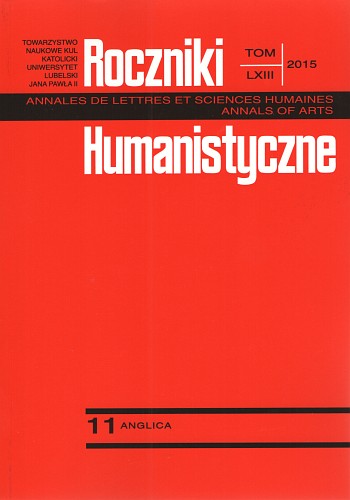High time to talk about noon
High time to talk about noon
Author(s): Magdalena Charzyńska-WójcikSubject(s): Language and Literature Studies, Theoretical Linguistics, Semantics
Published by: Towarzystwo Naukowe KUL & Katolicki Uniwersytet Lubelski Jana Pawła II
Keywords: semantic change; metonymy; noon; medieval time-keeping; monastic horarium
Summary/Abstract: The paper re-examines a well-known semantic change observed in the history of the English word noon. The received academic opinion is that the word originates from the Latin phrase nōna hora > nōna ‘the ninth hour’ and was originally used in the medieval context to denote the ninth hour of the day, i.e. about three o’clock p.m., and, by metonymy, also the prayer at the ninth hour of the day prescribed by The Rule of St Benedict. Due to the central role of The Rule of St Benedict in the organisation of daily monastic life in the Middle Ages, the Latin word nōna was borrowed into vernaculars of the countries which adopted The Rule. It appeared in Old English as nōn, in Middle Dutch as nōne, noene, in Old Saxon as nōn, nōna, in Middle Low German as nōna, etc. The available historical and etymological dictionaries of English date the beginning of change in the English word noon to the 12/13th century and claim that it was complete by the 14th century. In effect, the word started to denote ‘midday’ rather than ‘three o’clock p.m.’, and the change is traditionally associated with “anticipation of the ecclesiastical office or of a meal-hour.” The paper reassesses the strength of these assertions on the basis of an examination of the medieval system of time-keeping and the analysis of the monastic horarium, in particular the relationship between meal times and prayer times. It is shown that the explanation for the change put forward in the current sources relies on a misinformed view of medieval reality. I put forward an alternative explanation of the change, which is consonant both with the medieval system of time-keeping and with the monastic daily regime.
Journal: Roczniki Humanistyczne
- Issue Year: 63/2015
- Issue No: 11
- Page Range: 37-51
- Page Count: 15
- Language: English

